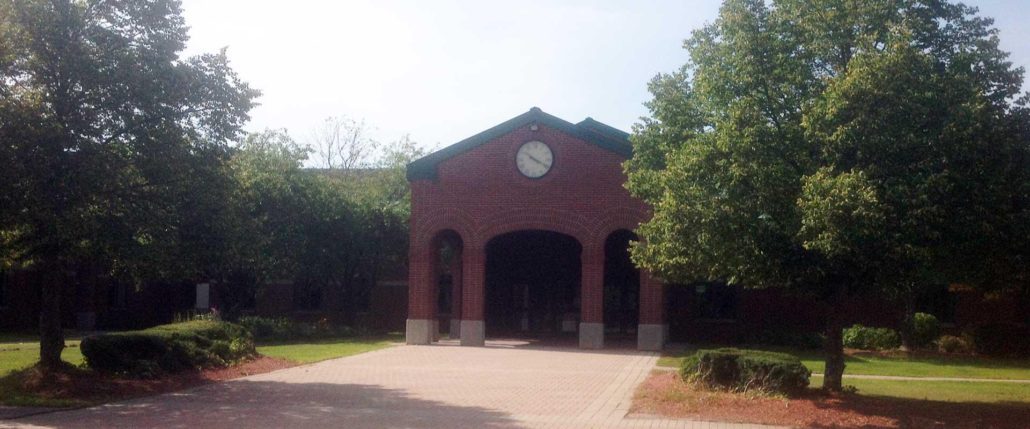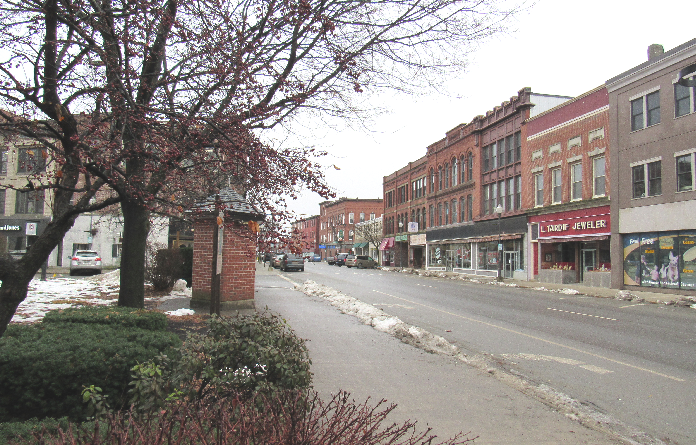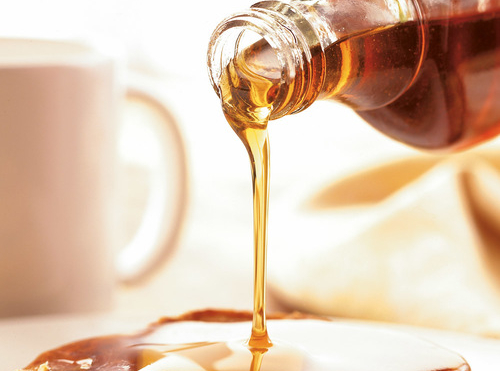China planners discuss proposed ordinance amendment
 by Mary Grow
by Mary Grow
At their Aug. 25 meeting, China Planning Board members discussed a proposed ordinance amendment that would make a special provision in lot coverage requirements for solar panels.
Their only decision was to continue the discussion, probably at their Sept. 15 meeting. If they recommend an ordinance amendment, it would take effect after selectmen put it on a local ballot and voters approved it. Barring a special meeting, the spring 2021 business meeting would be the earliest opportunity for voter action.
Attorney Tom Federle of Federle Law in Portland proposed the amendment. He represents SunRaise Investments, the company building two solar projects in southern China.
In reviewing and approving the SunRaise permits, planning board members considered the area of the panels as structures, as part of their lot coverage calculations. China’s land use ordinance limits the percentage of a lot that can be covered by structures to 20 percent in rural districts and 15 percent in resource protection, stream protection and shoreland districts.
Federle’s proposed ordinance amendment says in part that, “Provided that pervious ground is retained below solar panels, the area of the solar panels shall not be included in the lot coverage calculation.”
Paved areas, blocks and other bases on which the panels stand and “other impervious structures” (like a small building to house equipment) would still count toward lot coverage.
The proposed amendment would also add “solar energy system” to the town ordinance’s list of definitions.
The point Federle made, with which board members seemed to agree, was that when the meadow area below solar panels is properly maintained with infrequent mowing, the grass will absorb water running off the lower edges of the panels and the installation will not create run-off problems.
State environmental agencies and other municipalities review solar permits on this premise, he said.
He is not arguing that a solar array should be totally exempt from regulation that applies to structures, and he does not ask that the amendment apply to Phosphorus Control Ordinance discussions.
Board Chairman Tom Miragliuolo suggested it not apply in the more restricted resource protection, stream protection and shoreland zones, either.
The next planning board meeting is postponed from the usual second Tuesday of the month to the third Tuesday, Sept. 15, to avoid meeting the day after the Labor Day holiday.






 Following a push by Maine’s Congressional delegation and Governor Janet Mills, the U.S. Department of Agriculture (USDA) has announced that producers of maple sap used to make maple syrup are now eligible for direct financial relief to help offset the financial harm they have experienced due to COVID-19.
Following a push by Maine’s Congressional delegation and Governor Janet Mills, the U.S. Department of Agriculture (USDA) has announced that producers of maple sap used to make maple syrup are now eligible for direct financial relief to help offset the financial harm they have experienced due to COVID-19.